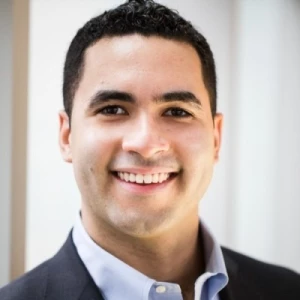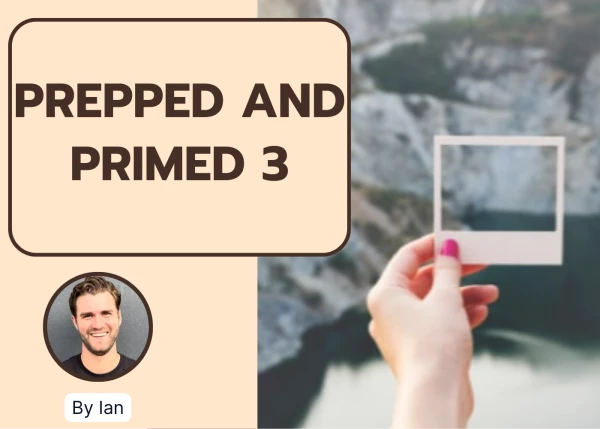I have interviewed with a global consulting firm recently. I cleared all rounds and was really close to receiving the offer. There was only me and another guy who got final listed, so the overall interview performance was not bad.
That being said, a few interviewers mentioned a common feedback that I would want to fix:
- When being asked questions, tend to clarify purpose or ask for what interviewers expect first, then structure my answer accordingly. (My own thought: seems to be saying that my reply is not genuine and authentic)
- Sometimes my reply is not direct
- For example, when asked about previous experience, I was not clear and direct. As a result, some questions needed to be further tested in a later round to allow interviewers to have enough information to make their judgment.
While HR did not clearly state whether the feedback was based on case interviews or fit, my gut feeling was that this feedback was more related to fit questions.
Do you have any tips to share? I'm wondering whether I have been overcomplicating questions, or taking every question as a “case interview question”. How can I balance understanding the question (e.g. clarifying) and being structured vs. replying directly to the question in a simple way?



















